Acid Reflux vs GERD vs LPR: Understanding the Differences Between the Diagnoses
As an acid reflux and gut health dietitian who recovered from severe acid reflux and IBS, my mission is to provide clarity on the differences between digestive disorders and empower individuals to take control of their well-being. Today, we will be discussing the differences between three major acid-reflux related diseases and conditions!
In this blog post, we'll explore the distinct characteristics of GERD (Gastroesophageal Reflux Disease), acid reflux, and LPR (Laryngopharyngeal Reflux), so you can further understand their unique manifestations and implications!
What is GERD?
GERD (Gastroesophageal Reflux Disease) is a chronic condition where stomach acid consistently flows back into the esophagus, leading to various symptoms. These can include heartburn, regurgitation, chest pain, and difficulty swallowing. The persistent nature of GERD, more than two episodes a week, sets it apart from occasional acid reflux episodes.
Individuals with GERD often experience symptoms after meals, especially when lying down or bending over. Long-term complications may arise if left untreated, such as esophagitis, Barrett's esophagus, and an increased risk of esophageal cancer.
What is acid reflux?
Acid reflux is a broader term encompassing the occasional, periodic episodes of backflow of stomach acid into the esophagus. While GERD represents the chronic form of acid reflux, occasional episodes of reflux are more common and may not necessarily indicate a chronic condition.
The hallmark symptom of acid reflux is what is referred to as “heartburn”, a burning sensation in the chest. However, acid reflux can also manifest as nausea, throat soreness, a globus sensation in the throat, voice hoarseness, bitter or sour taste in the mouth, upper abdominal pain or pain under the ribcage. Lifestyle factors, diet, and certain medical conditions can contribute to the occurrence of acid reflux.
What is LPR?
LPR (Laryngopharyngeal Reflux aka Silent Reflux or Respiratory Reflux) is a type of reflux that extends beyond the esophagus, primarily affecting the throat and respiratory system. Unlike typical GERD symptoms, individuals with LPR may not experience heartburn. Instead, symptoms include chronic cough, throat clearing, hoarseness, difficulty swallowing, and a sensation of a lump in the throat or post nasal drip.
LPR is often referred to as "silent reflux" due to its less known reflux symptoms. It can be challenging to diagnose and may be mistaken for other respiratory or throat conditions. Chronic irritation from stomach acid in the throat can lead to inflammation and long-term complications. If you suspect your symptoms may be related to LPR, it is important to reach out to a laryngologist or ENT to assess and/or confirm an LPR diagnosis.
Undestanding the Differences
While GERD, acid reflux, and LPR share common symptoms, such as the backflow of stomach acid; their distinctions are in the duration, frequency, and scope of symptoms. GERD is characterized by persistent and frequent symptoms, whereas acid reflux represents occasional occurrences. LPR, on the other hand, specifically affects the throat and may lack the classic symptoms of GERD.
In navigating the spectrum of GERD, acid reflux, and LPR, a personalized approach to diagnosis and management is essential. If you resonate with any of these symptoms, seeking professional guidance is crucial for accurate diagnosis and a personalized treatment plan.
Ready for Reflux Relief?
If you're ready to seek relief from acid reflux symptoms, our team of FLORA dietitians is here to guide you. Through applying evidence-based strategies and personalized care, we work to uncover the root causes of GERD, acid reflux, and LPR to pave the way for symptom relief. Apply today to start your journey towards living your fullest life!
We hope this helps in understanding the differences between the three major acid-reflux related diseases and conditions!
xo,
Molly + the FLORA Nutrition Team






